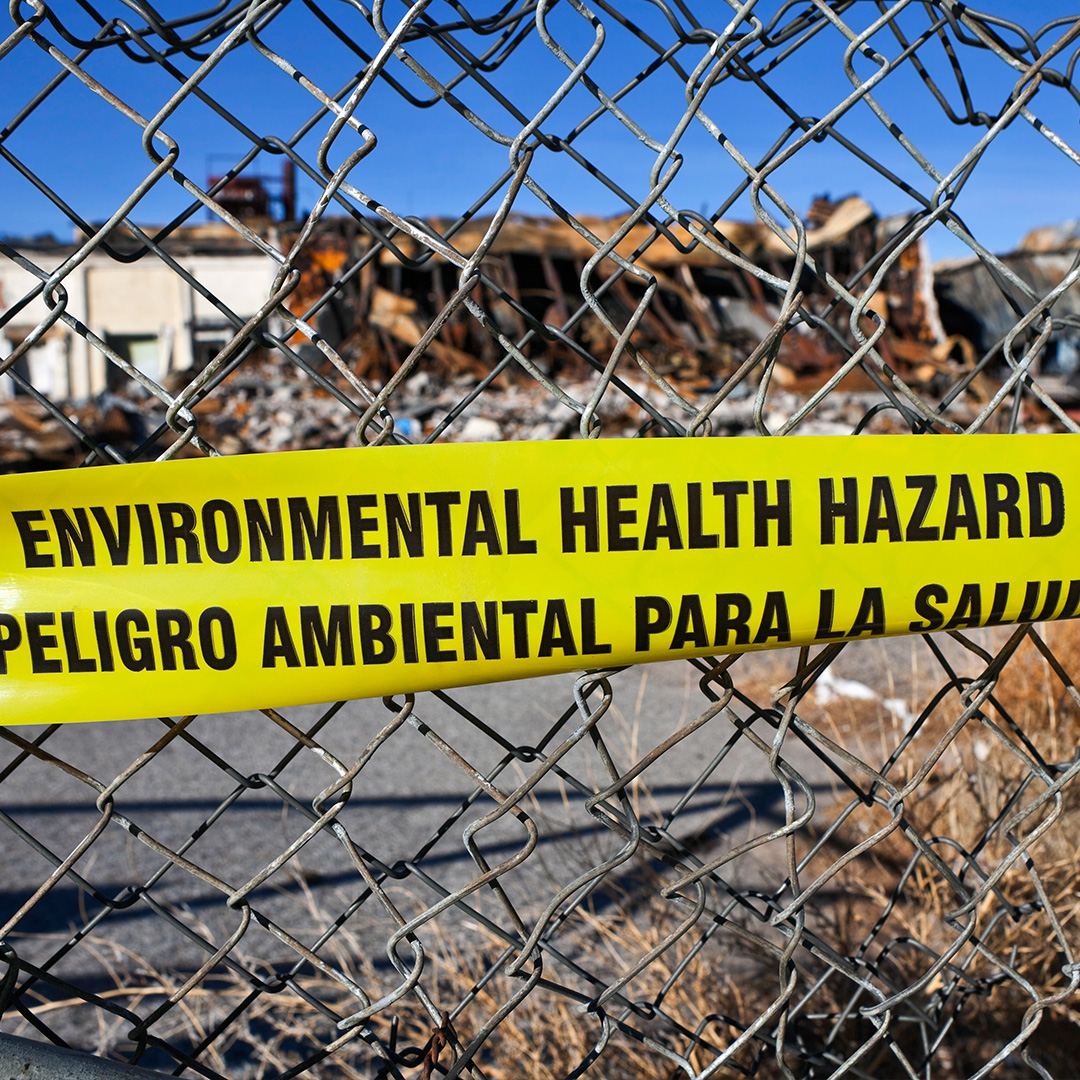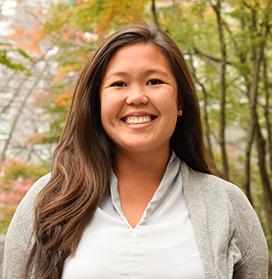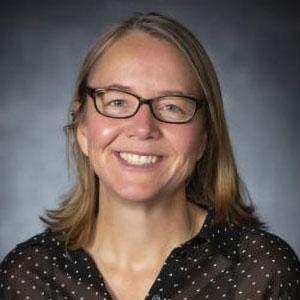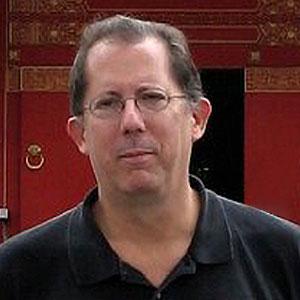The Environmental Injustice of Toxic Waste Sites

WHEN
Thursay, February 25, 2021
11:00 a.m. - 12:00 p.m. PST
LOCATION
Online
PRICE
Free
Check out this video to watch the A Speaker Series Toxicology and Societies: The Impacts of Chemicals in Our Lives.
Please join us for the next speaker in our series on Toxicology and Societies: The Impacts of Chemicals in our Lives. This webinar is co-sponsored by the Salish Sea Institute.
Toxic waste sites can be found almost everywhere across Washington State, but are overrepresented in communities of color and lower income neighborhoods. The fact that race and income can determine one’s proximity to hazardous waste is an environmental injustice, and a pattern seen throughout the US.
In 1989, the Model Toxics Control Act (MTCA) was implemented in Washington State to protect public health and reduce the exposure of toxic chemicals to human health and the environment. The law is responsible for preventing toxic pollution, involving the public in decision-making, and cleaning up sites contaminated with toxic, hazardous waste. MTCA is currently undergoing a ten-year rulemaking process to rewrite the policies and processes that guide the law – this process is a critical opportunity to finally address economic and racial disparities exacerbated by disproportionate proximity to toxic waste sites by incorporating equity and environmental justice frameworks into the rule.
Washington Environmental Council (WEC) sits on the Stakeholder and Tribal Advisory Group for this rulemaking, and we are using our position to advocate for stronger protections for communities of color and lower income communities.
Tune in to learn more about the disproportionate impacts of toxic waste sites on communities, Washington’s current efforts to integrate environmental justice into its policies and processes, and more.
Our vision in developing this series was to support a better understanding of something that affects all of us. There are over 300,000 chemicals being produced and used in almost everything we wear, eat, and drink. How can you ever hope to understand when and where you or your family might be at risk from some of these chemicals? The short answer is, you can’t know everything about all of these substances, but you can learn more about how toxicology (the study of toxic substances) affects you and your society.
This seminar series aims to help you better appreciate, understand, and evaluate the many ways that manufactured chemicals interact with all humans on Earth.
More information about the speaker series is available here.

Michelle Chow
Presenter
Michelle Chow (she/her) is the Stormwater and Toxics Policy Manager at Washington Environmental Council (WEC), a nonprofit, statewide advocacy organization that has been driving positive change to solve Washington’s most critical environmental challenges since 1967.
In her current position, she advances policies and campaigns to reduce impacts from stormwater and other sources of toxics on water, wildlife, and people. She represents WEC on the Stakeholder and Tribal Advisory Committee for the Model Toxics Control Act Rulemaking, with a particular focus on integrating strong environmental protections with social justice.
Previously, Michelle worked for the U.S. House of Representatives Natural Resources Committee under Chairman Grijalva as a Sea Grant Knauss Fellow. She also holds a Master’s of Science in Aquatic and Fishery Sciences from the University of Washington where she studied the effects of urban stormwater runoff on Pacific salmon.

Ruth Sofield
Co-Host
Ruth Sofield is a Professor of environmental toxicology and chemistry in the College of the Environment. She received her PhD and MS in Environmental Science and Engineering at the Colorado School of Mines. Ruth’s research group focuses on the effects of water and air pollution. Their current projects include the aquatic toxicity of microplastic and tire wear particles, and the use of moss as a biomonitoring tool for particulate matter. Ruth is a member of the Puget Sound Partnership Science Panel and the President of the Pacific Northwest Society of Environmental Toxicology and Chemistry.

Tracy Collier
Co-host
Tracy Collier received his PhD in Fisheries Sciences from the University of Washington. He has worked for over 45 years as a toxicologist, with more than 35 of those years spent at NOAA’s Northwest Fisheries Science Center, where he served as the director of a science division that employed up to 100 people, covering several disciplines, including environmental toxicology, analytical chemistry, harmful algal blooms, and watershed processes. He has over 175 scientific publications, and currently is an affiliate faculty at Western.
Questions & Accommodations
Contact the WWU Alumni Association for this event. Feel free to call at (360) 650-3353 or email at alumni@wwu.edu if you have any questions or comments.
There will be auto-captions available for this event. To request closed captions, please mark the request on the registration form. Advance notice of three days to one week is appreciated.